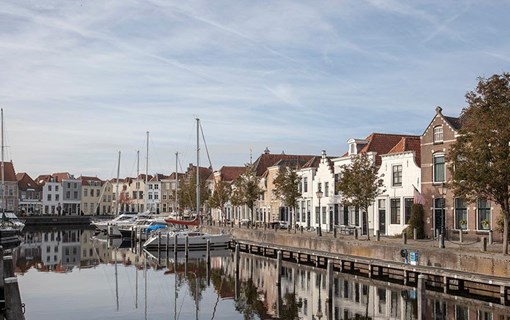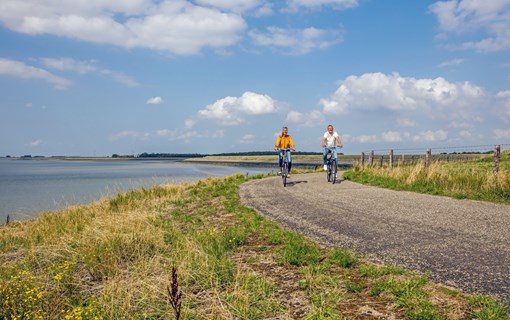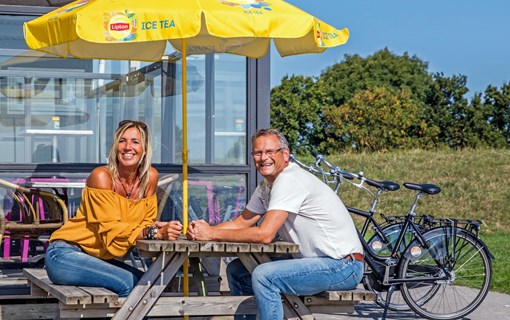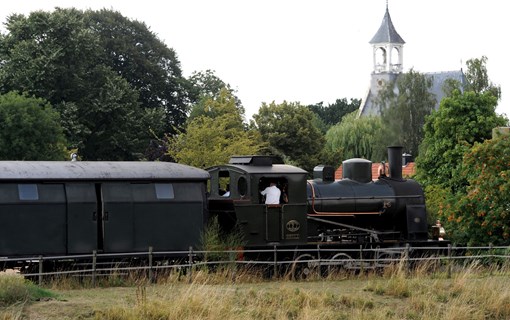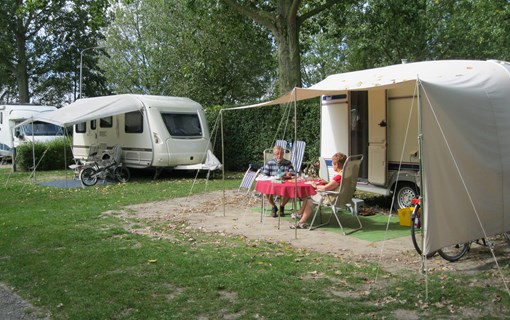
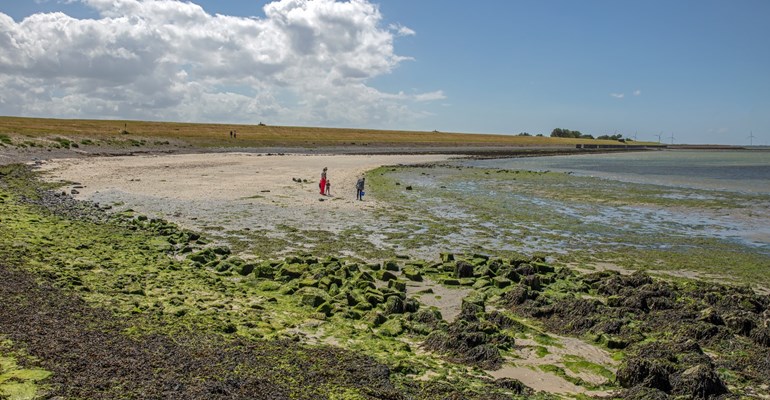
Zuid-Beveland
History
In the 3rd and 4th centuries, large parts of Zeeland flooded and the island was all but uninhabited. Starting in the 11th century, Zeeland was reclaimed from the water, bit by bit. Zuid-Beveland was made up of all kinds of islands and marshes in the 13th century, and even more land was reclaimed from the sea in later centuries. Gradually, the archipelago became a peninsula. The many pits and creeks that remain are reminders of this battle against the water. The soil in the polders surrounded by dikes mainly consists of (sea) clay.
During the Second World War, German and French troops fought near the village of Kapelle. After the war, the French government established a military cemetery in Kapelle, a final resting place for all the French soldiers killed in battle in the Netherlands. The cemetery officially opened on 16 May 1950.
Thanks to the lack of urbanisation on Zuid-Beveland and its relative isolation, the Zeeland dialect spoken here is different from that in the rest of the province.
Villages and towns
Goes, also known as de Ganzestad (Goose Town), is a shopper’s delight. Large chains and smaller shops with exclusive offerings abound. Enjoy the restaurants and terraces on the Grote Markt, as well as the De Mythe theatre.Yerseke is already well known to true mussel lovers. Fishermen sell fresh mussels and oysters here in the harbour, and thousands of visitors come to the annual Mussel Day in this village on the Oosterschelde.
